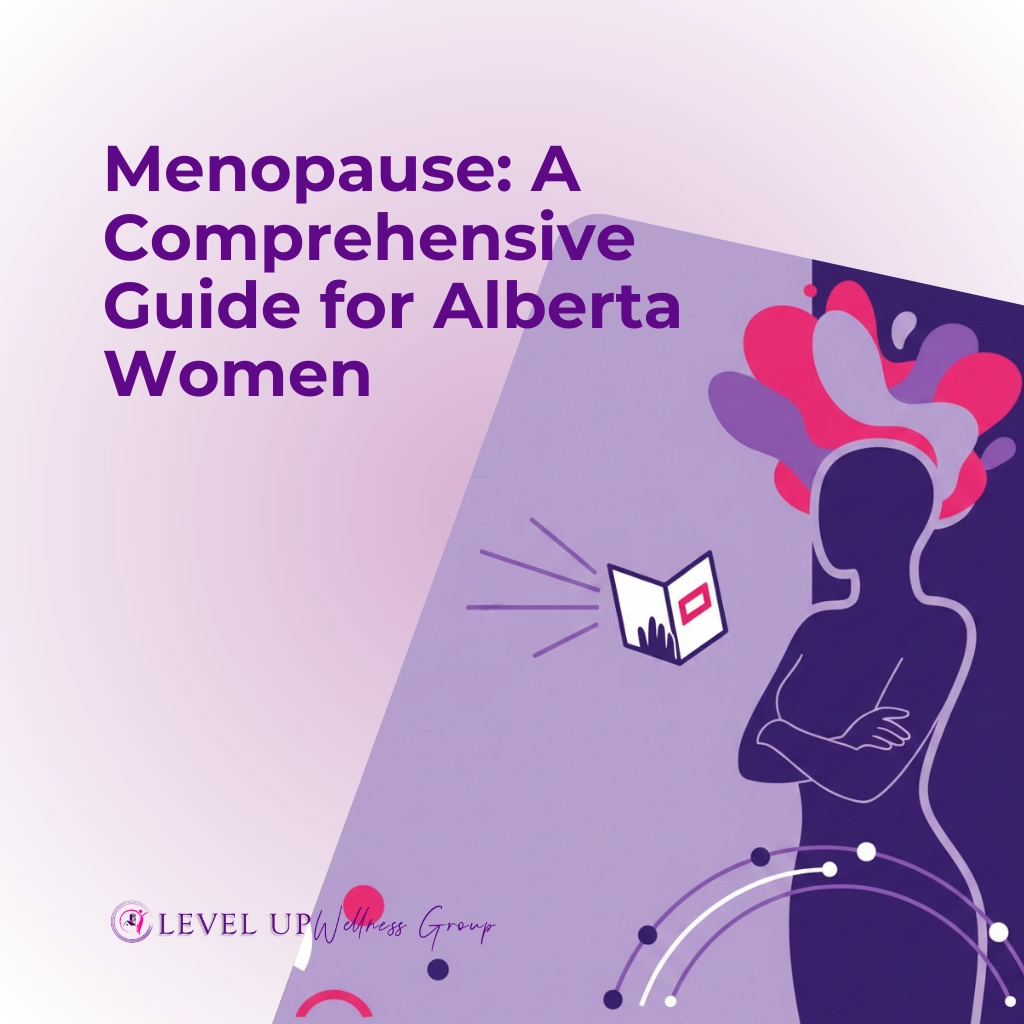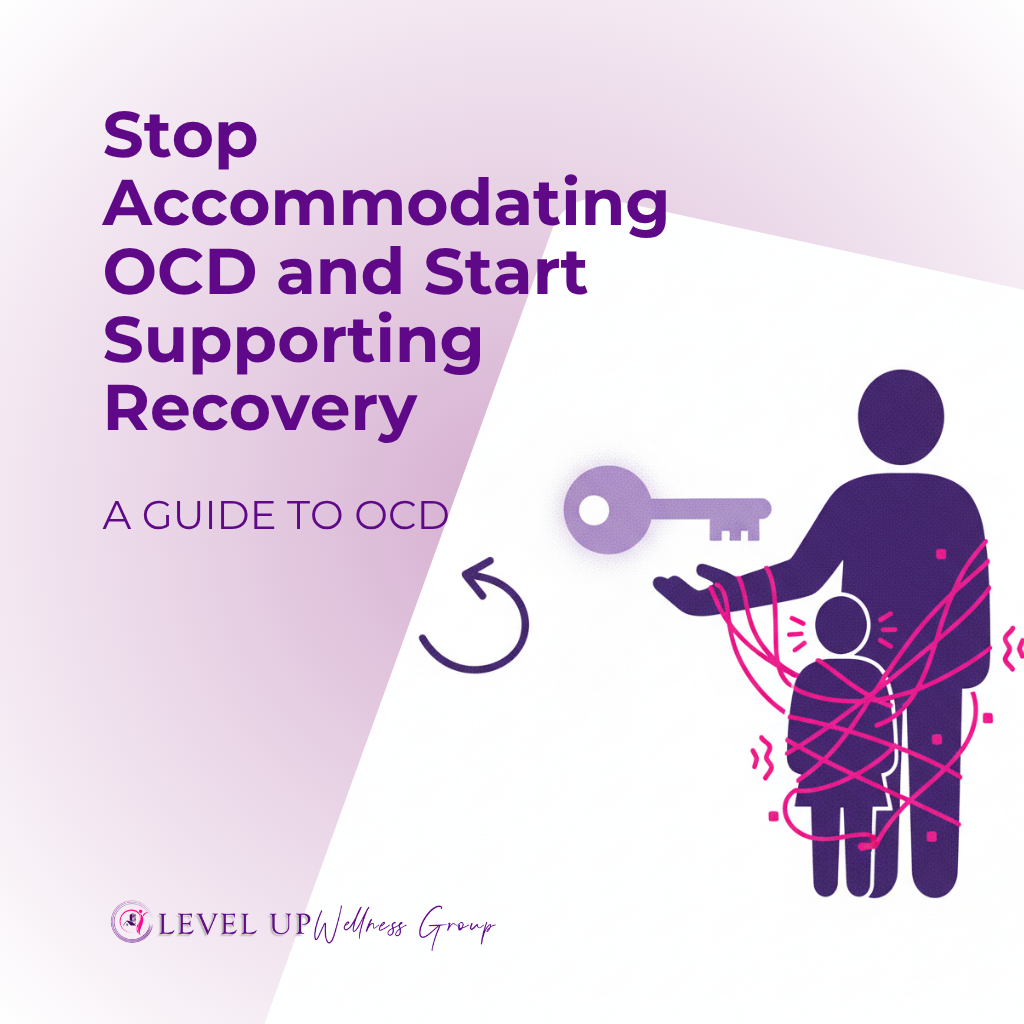
Have you ever wondered why human beings sleep for roughly one-third of our lives? The truth is that sleep plays such an important role in our health that it impacts everything from our ability to focus on activities throughout the day to how effectively our bodies digest food. It influences the longevity of our lifespan and how we perceive the world. There is even ongoing research pertaining to how sleep helps us process traumatic experiences. With the wide range of bodily functions that sleep influences, consider how sleep impacts your physical and mental health and well-being. While everybody sleeps, not everyone knows how to sleep well. Here are some easy-to-use tips to improve your sleep:
1. Be a Creature of Habit
The quickest way to get your biology to work for you is to develop a pattern that your circadian rhythm can follow. We can do this by sticking to a consistent wake-up time each morning. Do your best to wake up within a certain window of time, no larger than 15-30 minutes. This will help your body know what to expect and when to produce certain hormones and neuromodulators for optimal performance. In the mornings, a natural pattern of hormonal release includes a rise in our cortisol levels. We want our body to know when it should be anticipating this release and not give it any potentially ‘false alarms’ that may cue it to release this hormone prematurely (e.g., if we decide to check our phones at 2 am). The odd late night or early evening can be okay but try to keep yourself within your regular sleep timeframe at least 80% of the time.
2. Not All Light is Created Equal
You have probably been told that viewing a screen before bedtime is not good for you. That is true, and if possible, you should try to aim to put the screens away about 2 hours before your head hits the pillow. What is less talked about is how various sources of light can be helpful or detrimental to sleep depending on the type. For instance, if you can avoid artificial lighting, this will help improve your sleep. More specifically, light from higher angles tends to be disruptive to sleep, such as those of ceiling lights. If you need to get up at some point during the nighttime, it would be beneficial to use the least amount of light possible to safely get around. Soft or warm lighting is generally less disruptive to sleep than harsher fluorescent lights. However, the most optimal type of lighting for evenings is candlelight or light from a fireplace.
3. Treat Caffeine Like a Drug
Because it is! More specifically, it is a stimulant and one of the most socially acceptable drugs in the world. Perhaps you’ve heard people say, “Don’t talk to me until I’ve had my morning coffee.” The diversity in how caffeine impacts people is well-researched. Some people may do well to cut caffeine out of their lives entirely, whereas others may be minimally impacted by its effects. Regardless of where you are on this spectrum, generally a good rule of thumb is that if you feel like you need coffee to function in the AM, you may not be getting restful sleep at night. It would be helpful to keep your caffeine intake restricted to before 12 pm each day if possible and to try not to use caffeine immediately upon waking, giving your body’s natural functions a chance to do their thing.
4. Quality Over Quantity
Have you ever wondered why a cat can sleep for more than half the day, while an animal as massive as an elephant only needs four hours of shut-eye? Regardless of size, these animals seem to know just what they need to feel rested and to get on with their day. The key is to recognize that sleep isn’t so much about quantity as it is about quality. As adults, we need about eight solid hours of good sleep, though we tend to sleep much more in infancy and much less in our later stages of life. We know that too little can be harmful, but too much can be just as bad. If you’ve ever overslept, you may relate to feeling groggy when you wake up. This can be a result of delaying getting out of bed or hitting the snooze button one too many times and going in and out of various stages of sleep too quickly. Sleeping more does not necessarily mean that you are sleeping better, so the easiest thing you can do is listen to yourself when you are tired and go to sleep at this time. Just as important, when your body is trying to wake up, it is helpful if you do your best and try to wake up with it.
5. Give Your Brain a Break
That is the goal of sleep, isn’t it? In fact, in restful REM sleep, our adrenaline and norepinephrine levels are significantly reduced, giving our bodies a needed break from being alert throughout the day. I’ve heard far too many times that people cannot get restful sleep because of racing thoughts and stresses, whether it’s about what happened in the day or dreading having to get up the next morning to deal with something worrisome. We need to remember that our brains are trying to help us, but they don’t always do a very good job of it. When it’s constantly reminding you of the stressors in your life, it’s trying to say, “Hey, don’t forget this!” Fortunately, we can do something to reassure our brains that we won’t forget this important and stressful information. By simply writing down the things that we are worried about and need to remember before going to bed, we are responding to our brains’ stress signals and letting it know that we won’t forget this information. After we can help reassure its concerns, we can then focus on getting restful sleep so we can be better equipped to deal with those stressors.
Conclusion
Sleep is a critical component of our overall health and well-being. By implementing these tips, you can improve your sleep quality and, in turn, your mental wellness. If you have difficulties with sleep and would like to learn more about how to improve your individual wellness in this area, please feel free to reach out for a direct consultation.
Disclaimer: This blog is for general informational purposes only and does not constitute the practice of professional health care service recommendations, as no psychologist/client relationship has been formed. The content on this blog should not substitute for direct professional medical advice, diagnosis, or treatment.
If you have difficulties with sleep and would like to learn more how to improve your individual wellness in this area, please feel free to reach out for a direct consultation.




